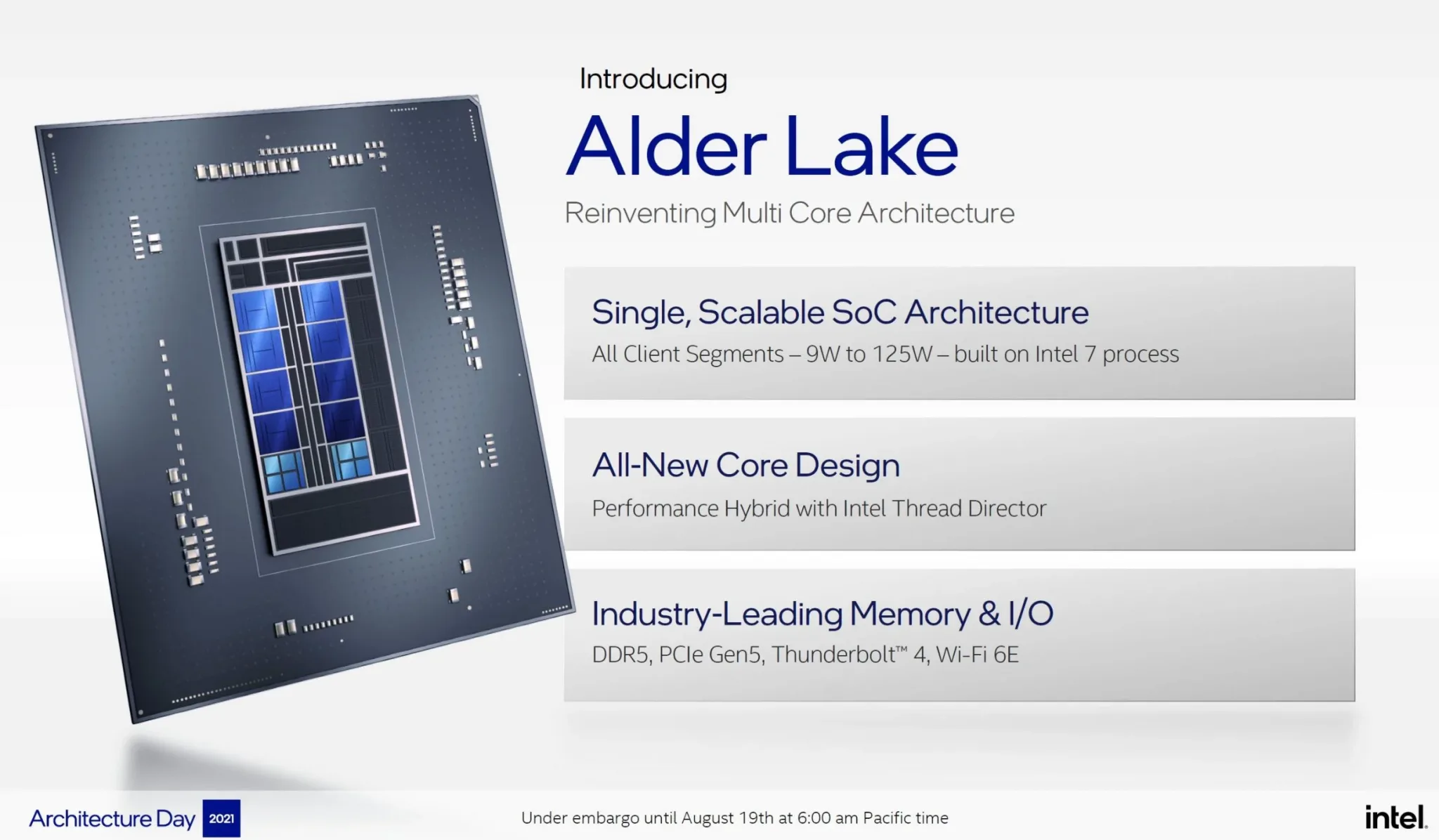Intel’s 12th-generation Core processor adopts the x86 hybrid architecture, which integrates cores of two different architectures, P-Core and E-Core, in a single chip. Different cores are responsible for different loads. This new structure does solve the problem of balance between single thread, multi-thread thread, and power consumption, but the CPU of two different architectures also brings compatibility problems. At the beginning of the release, there was a compatibility problem with DRM. The DRM software recognized E-Core as another independent system, which triggered DRM protection, which caused the game to be shut down suddenly or could not be started at all.

Soon after the problem was exposed, Intel began to provide a solution, and the initial solution was to close the E-Core. Then motherboard manufacturers provided “traditional game compatibility mode” in the new version of BIOS. Of course, the most fundamental solution is to rely on Intel and system software manufacturers to provide software updates.
Now Intel has released an announcement saying that they have worked with game developers and Microsoft to solve the problem that the 12th generation Core processor loads DRM in the Windows 11/10 system, causing the game to crash or fail to run. All games currently identified as having DRM issues have been fixed through game patches or OS updates.
Intel
writes:
“If you experience issues on an older Windows OS, run the latest version of Windows Update to resolve the issue. Along with game patches, the most recent updates for Windows 11 and Windows 10 have resolved a majority of the DRM issues.
“






